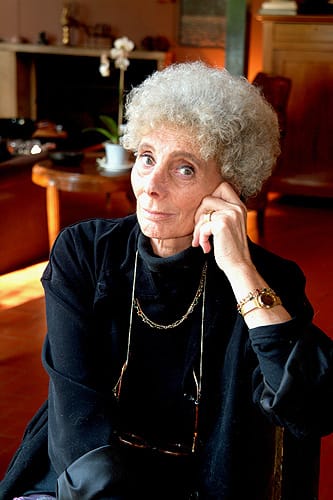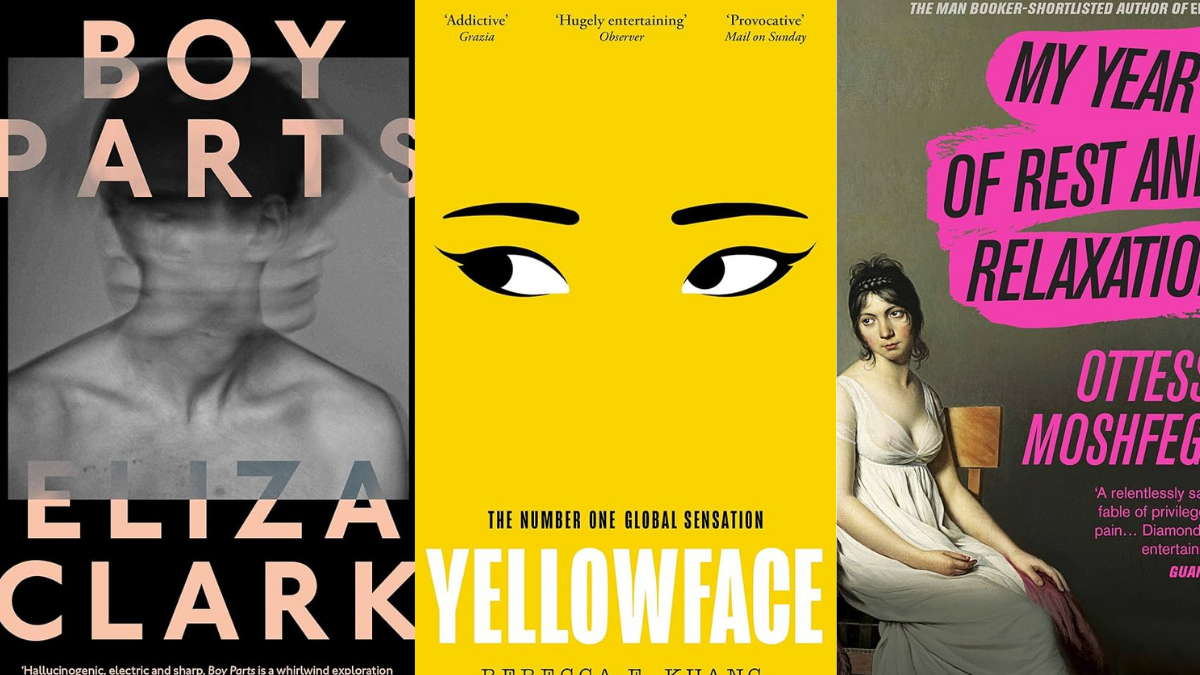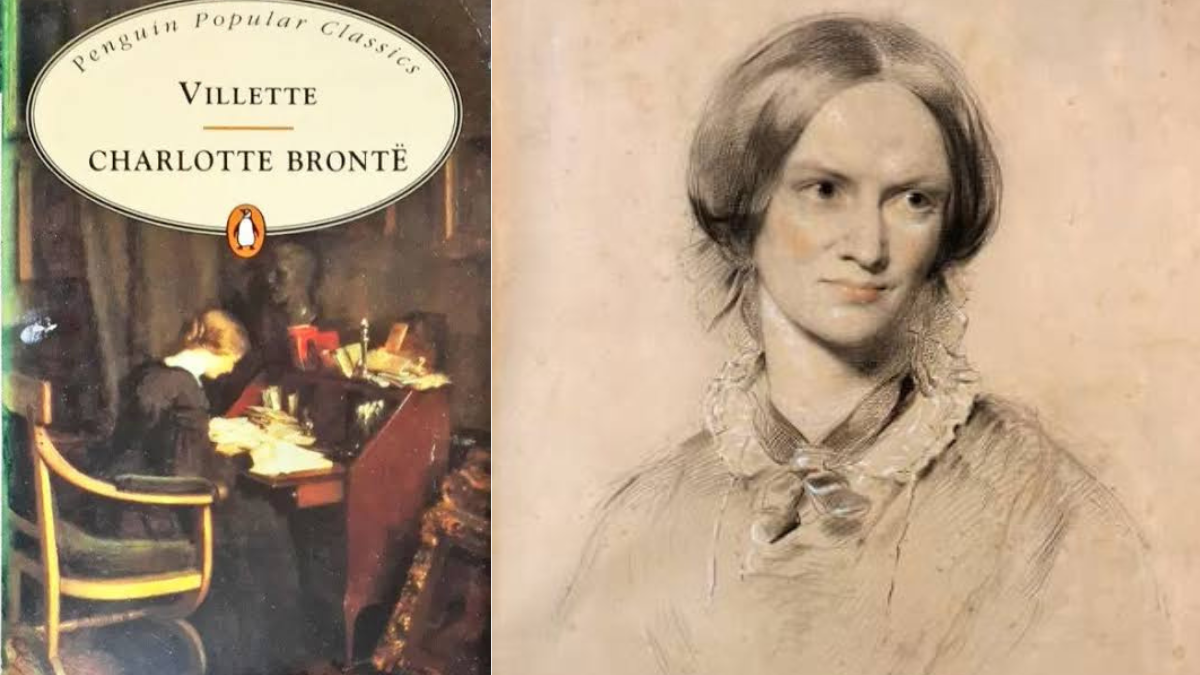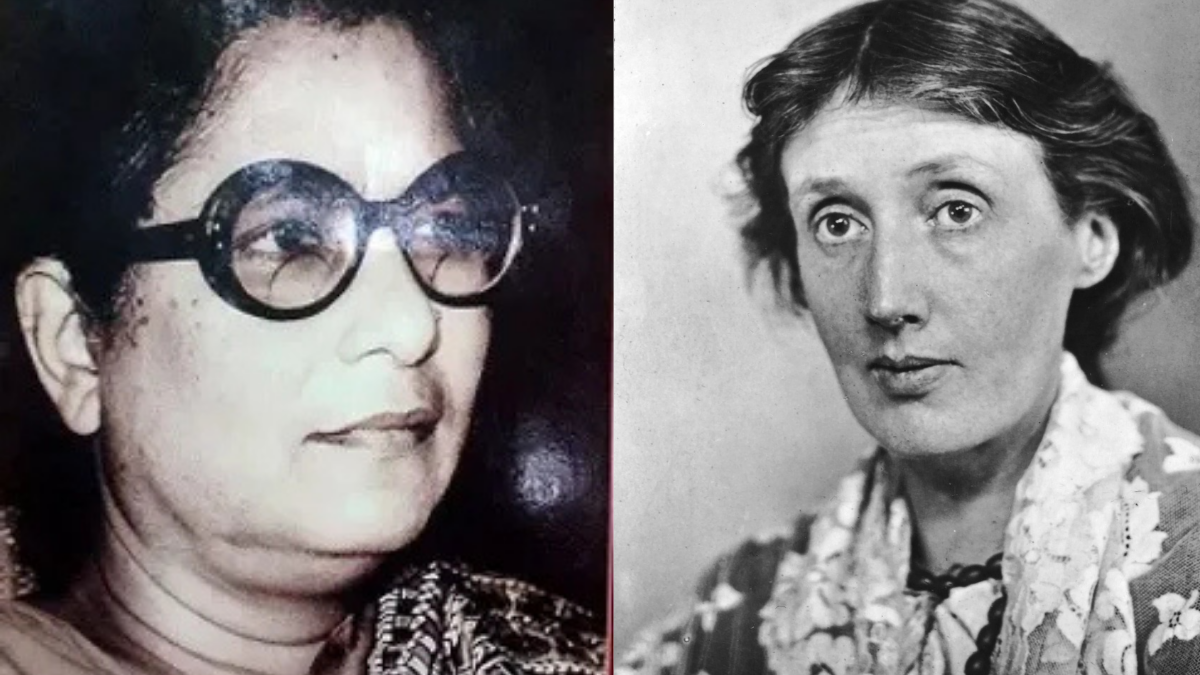What would you do if you woke up in a bunker with 39 other women and no memory of how you got there? And while all the women around you have a hazy memory of the past life—of who they used to be—you are stuck in the present with no past to hold on to. I Who Have Never Known Men follows this compelling storyline to talk about the ambiguity of life, compelling you—as a reader—to create assumptions and desperately find answers where none are offered.
Jacqueline Harpman, a Jew born in Belgium, was a writer and psychoanalyst. Through this novel—published in 1995 and translated by Ros Schwartz—Harpman has brushed on the themes like discovery, absurdism, intimacy and womanhood. Even if not reflected explicitly, one can trace the lines of her experience under the persecutory years of Nazi Germany through the novel’s exploration of trauma, survival and a sense of meaning for one’s existence.
A dive into the plot of the novel
I Who Have Never Known Men is a dystopian science fiction that is written more like a memoir of our nameless narrator, of when she was a budding teenager—thirteen or fourteen, we don’t know for sure. Rather than being a plot-driven story, the novel mostly focuses on the narrator and how she navigates through the ambiguity of her existence, the meaning of life and what it is like to be a human.

The narrator is trapped in a bunker with 39 other women, who are older than her and seem to have blurred memories of their life before they got bound within these walls. But none of them remember their transactions from their normal lives to imprisonment. They have no idea why they’re being held, if there’s any purpose, or what happened to the world before they were captured.
The narrator feels alienated from the other women, who seem to know things that she herself is unaware of. They do not answer her questions about the world since they feel they are protecting her from grief. The women are also constantly watched by male guards who bring them food, but they never speak to them, never make eye contact with them, and barely acknowledge them. The guards do not touch the women, but there is a sense of control due to the presence of whips in their hands.
The control over the women is more subtle and psychological than what is visible. They are under constant surveillance—restrained from doing anything that is not controlled. They are not allowed to have any form of physical contact or intimacy with fellow captives, nor are they allowed to express elevated emotions. Women were not even allowed to take their lives by refusing to eat. And if they tried to do any of it, the guards would snap the whip on the floor to remind them and arouse a sense of past trauma that is present on their bodies in the form of scars—which they believe are from the whips. However, they don’t seem to remember that either.
There is a shift in the plot when one day suddenly a siren goes off and the guards leave the bunkers never to be found again. The story follows how these women, after getting out of the bunker, travel around the world that they find themselves in after getting out of the bunkers. This canon event leaves the readers with more questions than answers.
Womanhood and curiosity
At its heart, I Who Have Never Known Men is a story about womanhood, stripped of memory and sexuality.
The story highlights the narrator’s rage and curiosity about being suspended in this world of uncertainty where she has no agency of her own, where she just exists stripped of her humanity. In a system that seeks to control her and erase her autonomy, this rage and curiosity serve as her hope. There is rage for being withheld from any information about the world that the other women were aware of. The other women refuse to share any information with her, and thus she discovers and starts cultivating her life through her thoughts. The women, by withholding any kind of information, play a part in the system through silence as disguised protection.
When we meet the narrator, she has been in the bunker for over a decade, but the exact date is ambiguous due to the absence of any clocks or calendars. And because of the nature of her existence, the narrator has been experiencing a stunted growth—she doesn’t go through puberty. There is also a feeling of not quite being human—of existing on the edges of normalcy. She considers herself less of a human than the other women around her. Her infertility does not make her any less of a woman, but the idea itself that she is trapped in an identity that doesn’t fit herself uncovers the reality of feeling alienated—when we don’t fit into the box of social norms that are usually prescribed to women.
As the book, I Who Have Never Known Men, progresses, and they are finally out in the world, the narrator enters a phase of wanting to learn to fit in with others around her. Even with her inability to relate to others and her difficulty in comforting others because of her aversion to touch, she is compelled to behave a certain way to be accepted. She also feels guilty of her indifference and individualistic tendencies. But once everyone else around her slowly starts to die, she doesn’t feel the need to conform to societal norms or please the people around her. The narrator does not let the futility of her curiosity stop her from her journey of searching for meaning. Even when there are no new answers to her curiosity, she keeps on moving. Her isolation can be reflective of the alienation that women usually feel when they express their true selves or when they deviate from what has been made socially acceptable for them.
Absurdity of the world in I Who Have Never Known Men
The novel explores the different ways senselessness can be interpreted. There is a senselessness in imprisonment and torture; there is a senselessness in who survives and who bears the brunt of the catastrophic events. The absurdity of living, carrying out daily existence even when we are aware that death eventually is inevitable. The story talks too much about the questions that will never be answered.

Towards the end, we are left with more questions than answers. The hopefulness or the curiosity keeps the author going—trying to make sense of her existence. She, instead of rejecting absurdity, turns it into her motivation to keep going—she lives the absurdity of the world.
The novel does not give an obvious ending to the story; there is no tidy resolution. However, it highlights the complexity of the human experiences—especially as a woman who continues to struggle with their identities in a world that is often a force of oppression for them. It also clings on to the senselessness of human history and the atrocities people have been subjected to. The quest for authenticity, for humanity, for self-discovery in a world that is grappled by absurdity is what all together makes us more human.
About the author(s)
Reeba Khan is a Political Science student at Delhi University. As a writer and student journalist, she has a keen interest in issues of identity, conflict, and politics of belonging. She writes to remember and to resist






Thank you for this insightful review. I am the translator of this novel and would be grateful if you would name the translator when reviewing a translator work. Thank you.